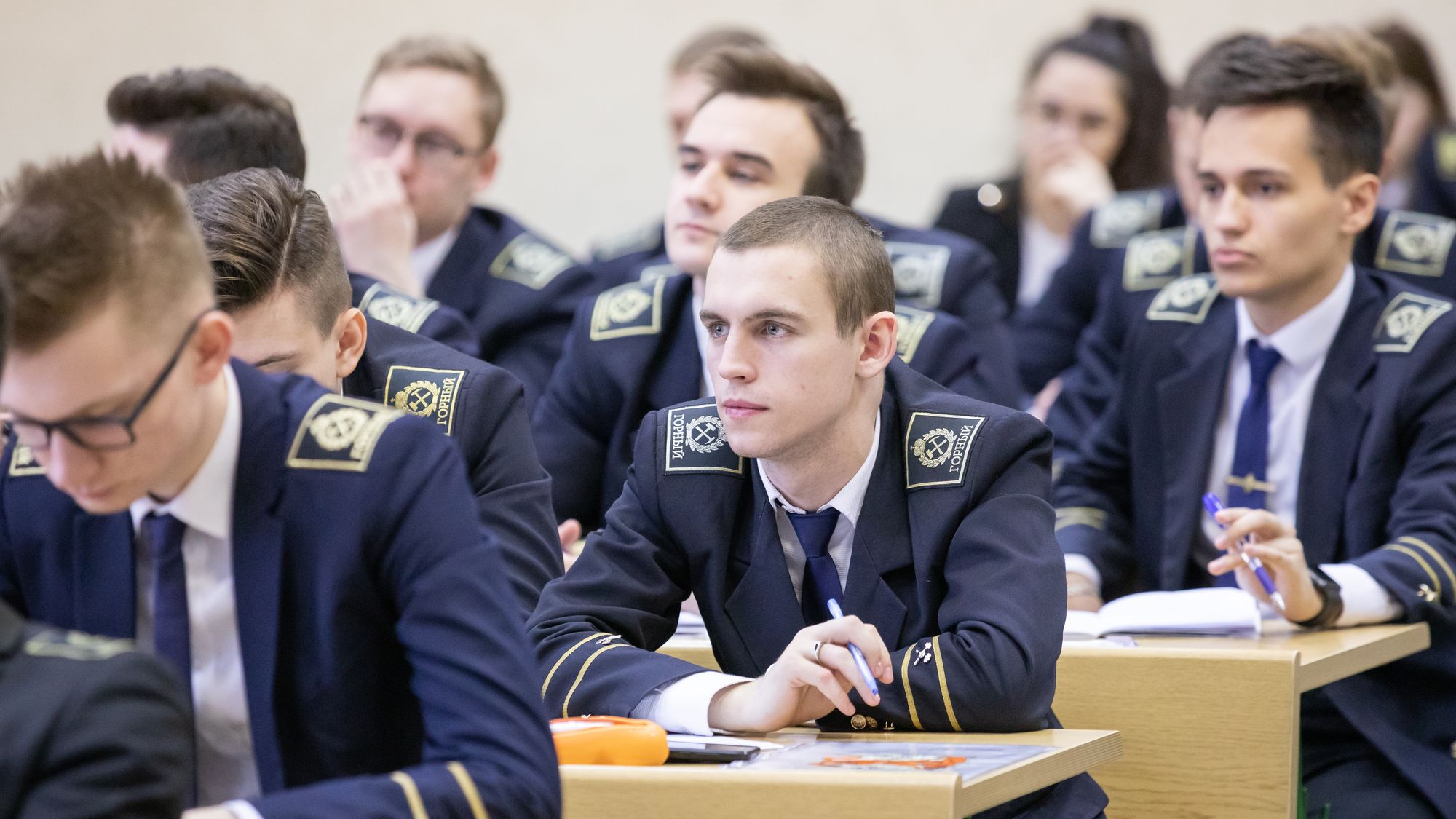In the process of training in this program, students become familiar with modern methods of mathematical, physical and computer modeling of metallurgical machines; they learn to plan, install and conduct theoretical and applied research in the field of metallurgical machines, manage the results of research activities and the commercialization of rights to objects intellectual property, develop draft, technical and working designs of competitive metallurgic machines with the use of computer-aided design and the excellence of their development.
Products of the metallurgical complex serve as the foundation for the successful development of the most important industries, such as engineering, nuclear and chemical industries, construction, transport, and electrical engineering;
The level of development of metallurgy determines the level of scientific and technological progress in all sectors of the economy;
Metallurgy products are one of the main export items of Russia. The share of revenue of large exporters in non-ferrous metallurgy is more than 70%, and in ferrous metallurgy, around 30%;
Training and work associated with the use of modern computer technology in the design of metallurgical machinery and equipment is provided;
A graduate who has successfully completed training under this program is in demand on the labor market and can easily find work in metallurgical and machine-building enterprises with foundries, as well as research organizations in the industry.
Graduates of this specialization and training programs can work both at metallurgical enterprises, and at enterprises of other industries that have foundry production with metallurgical shops; in design, research and educational institutions, occupying the positions of design engineers, engineer -technologists, research engineers, researchers, teachers, etc. There is the possibility of further career growth with the occupation of leadership positions at any level. Graduates who have shown the ability to research and scientific-pedagogical activity during their training can enter postgraduate study for further education.
